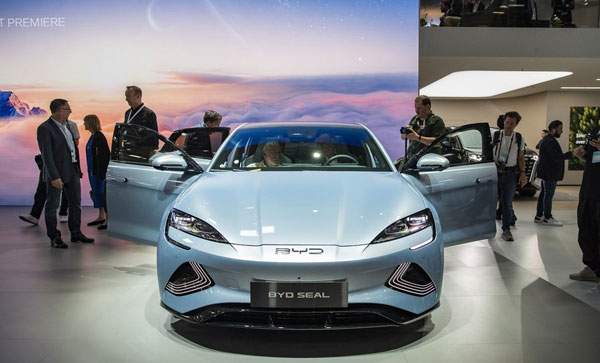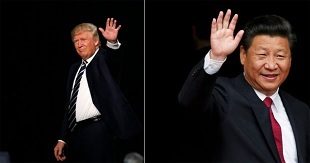
Brussels, Belgium | Xinhua | Chinese Ambassador to the European Union (EU) Fu Cong on Thursday dismissed a recent claim that China is exporting its overcapacity of electric vehicles (EV) to the European market.
“I want to emphasize the fact that the Chinese companies are selling cars in Europe does not by itself signify an overcapacity,” the ambassador said during the Europe-China Forum held here by Friends of Europe, a Brussels-based non-profit think tank for EU policy.
Some 300 participants, including policymakers, businessmen and researchers, attended the event.
The overcapacity arguments emerged in the bloc as it was preparing for a bilateral summit with China, reportedly scheduled for next month.
Last week, European Commission President Ursula von der Leyen asserted, “There is clear overcapacity in China, and this overcapacity will be exported,” claiming this is the reason behind the EU launching the anti-subsidy investigation on Chinese EVs.
Rejecting such claims, Fu posed a question: “If finding an overseas market can be interpreted as overcapacity automatically, then what are the European companies doing in the Chinese market?”
He raised concerns about the fairness of the investigation’s launch and its procedures, expressing the hope that “common sense can prevail” during discussions on the issue.
Fu reassured the business sector that China is committed to reform and opening up, and promotes high-quality development. “This means more opportunities for European companies.”
Noting China’s robust economic rebound with one of the highest growth rates among major economies, Fu mentioned China continues to be the largest contributor to global growth, contributing one-third in 2023.
He cited the fact that the International Monetary Fund recently revised upward its forecast of China’s growth in 2023 by 0.4 percentage points.
Fu also urged the two sides to develop “a right perception of each other.”
“We see ourselves as a beneficiary of the current international order. And we will steadfastly safeguard the United Nations (UN)-centered international system underpinned by international law, and the basic norms of international relations based on the purposes and principles of the UN Charter,” he said.
Fu said he believes there is no fundamental conflict of interests between China and the EU, either geopolitically or economically. “Yes, the two sides have differences on a range of issues, but the good thing is that the two sides are talking to each other,” he said. ■
 The Independent Uganda: You get the Truth we Pay the Price
The Independent Uganda: You get the Truth we Pay the Price



